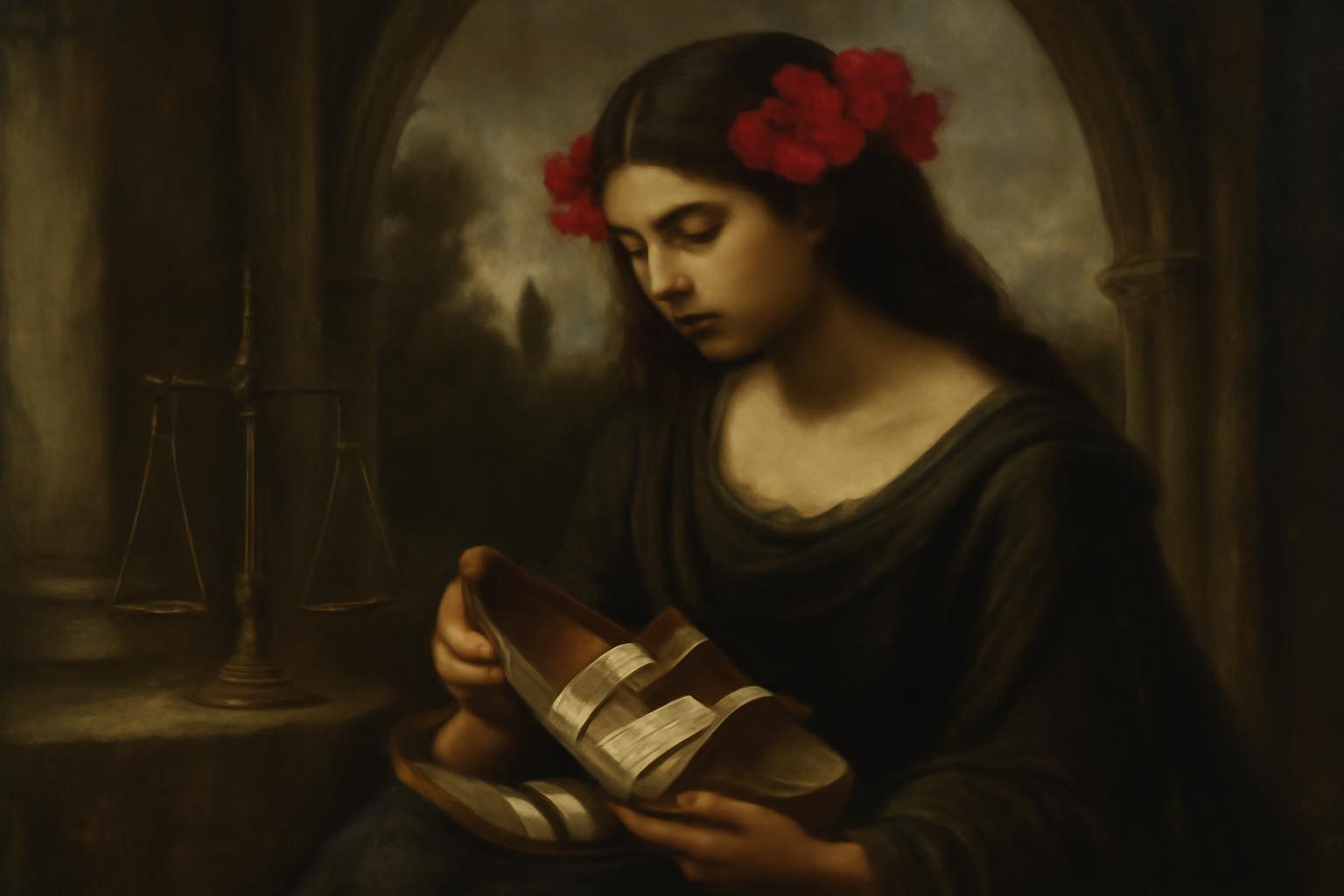In the echoing corridors where craft once named a people and not a brand’s invoice, a tale of theft and remorse unfolds as if the gods themselves grew weary of the stage on which Western hunger performs its grand theatricals. A sneaker, cast in the image of a village’s hand-forged path, becomes a mirror in which the modern world—ever hungry for novelty, forever blind to the labour that feeds its ego—contemplates its own appetite. An apology is spoken, a parchment unrolled in Hidalgo Yalalag, where Adidas’ legal envoy reads words meant to ease the tremor of offense: the shoes were designed in homage to an original local design, they reflect the village’s traditions, and henceforth Adidas will act with the community’s guidance and collaboration. The gesture is dressed as reconciliation, a slim olive branch offered across a divide that the market’s brisk stride cannot pretend to understand. Yet in the language of Greek tragedy, such contrition is a fragile garment, easily torn by the wind of the next product launch, the next desire to own memory as if memory could be owned.
And yet the theatre continues to reveal its ironies: a designer, Willy Chavarria, steps forward to confess profound regret for not having engaged in direct and meaningful collaboration with the Hidalgo Yalalag community, acknowledging that the sandal did not meet the respect and collaborative approach that the people deserve. The chorus—composed of cultural guardians and state voices—whispers that this moment, however imperfect, is a historic recognition of Indigenous peoples’ rights and creativity, a small reparation in a century of misread hands and misnamed origins. Still, the marketplace looms: the product is not yet marketed, a pause before the fall of another line, another seasonal prophecy that will either honor or erase those hands from memory. The ethical weather grows darker when a president speaks of commercializing tradition without explicit consent, a reminder that power in the modern world wears many faces and that apology, like tragedy, is only a temporary curtain that can rise again on the same old stage. Nietzsche would call this the familiar tragedy of the will to power masquerading as repentance: a desire to possess a tradition so that the present may feel itself redeemed. And so we watch, with the patience of a chorus that has learned too well the cost of commodifying culture, the old ache of a culture that must plead not to be consumed, not to be consumed again. If there remains a cure, it would be not merely apologies or acknowledgments, but a way of being in which collaboration is required, consent is binding, and the memory of Oaxaca is tended as a living law, not a product’s footnote in the margin of history. Until then, the stage remains, and the tragedy endures—the decline of a civilization that confuses reverence with revenue, and hopes that a well-phrased apology can pass as atonement for the centuries of silence that preceded it.
